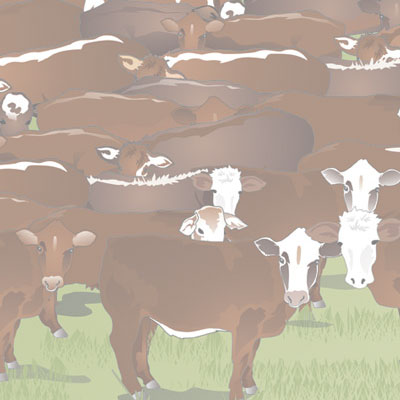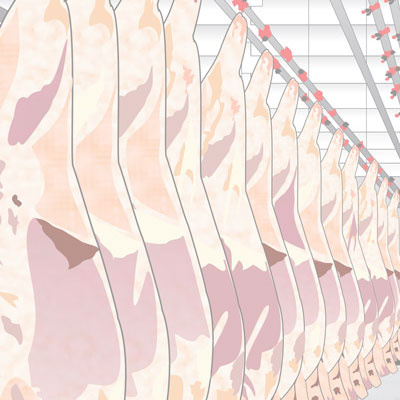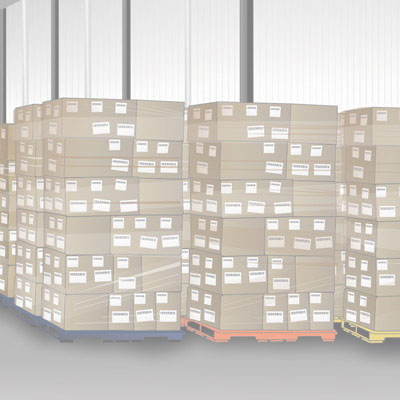Supply Chain integrity is becoming more important to consumers, customers, and trading partners to underpin the trust in Australia's 'clean and green' status. Although the objectives of the legislation which govern the industry clearly regulate the requirements for product integrity and traceability, they are not sufficient to provide the required level of assurance for the customer. This is evidenced by the growing number of supply chain specific standards which are being imposed on industry by customers, key retailers, and global brands (e.g., BCR, McDonalds, Woolworths, Coles, Burger King, Costco). The result of which is the increased number of audits facing meat processors as these customers seek assurance that their individual standards are being met.
The term 'supply chain' is generally defined from a research or review perspective, viewing the supply chain collectively as system plus input and output. In the case of meat production and processing, this covers everything from the genetics and breed of livestock through to the product being bought or served to a consumer.
The importance of the supply chain and it's 'links' is in ensuring customers and consumers of the product’s integrity, security and traceability. Despite these terms having their own specific meaning, each are commonly used interchangeably. At a basic consumer level we are considering if the MSA graded, Grass-Fed, Eye Fillet from South-East Queensland advertised on the Norman Hotel menu for $43.90 is exactly what it is advertised.









Livestock
- Breeding
- Backgrounding
- Finishing
- Dairy culls

Feedlot
- Saleyard

Processing
- Lairage
- Slaughter
- Boning room
- Offal room
- By product
- Hides

Distribution
- Cold store
- Value added
- Supermarket
- Food services
- Export